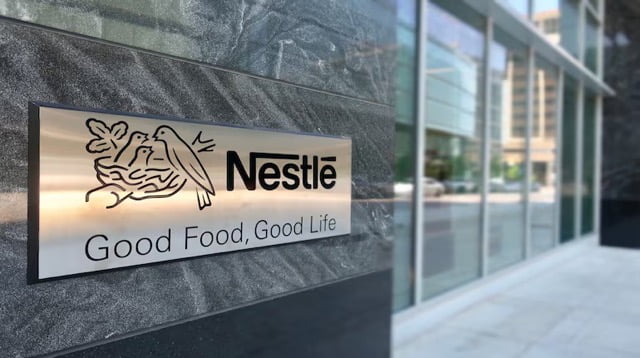Nestlé, the multinational food and beverage giant, has found itself embroiled in numerous controversies over the years, both in India and abroad. From allegations of excessive sugar in baby food to the infamous Maggi noodles ban, the company has faced scrutiny from consumers, regulators, and activists alike. Here, we delve into the top 8 controversies that have plagued Nestlé in recent times.
1. Sugar Content in Baby Food:
One of the earliest controversies surrounding Nestlé dates back to allegations of high sugar content in its baby food products. Concerns were raised about the nutritional adequacy of these products for infants, leading to calls for stricter regulation and scrutiny of the company’s practices.
More Read
2. Maggi Noodles Ban in India:
In 2015, Nestlé faced a major setback when its popular instant noodle brand, Maggi, was banned in India. Tests conducted by regulators detected excess levels of lead and monosodium glutamate (MSG) in the product, sparking a nationwide outcry and regulatory action against the company.
These controversies surrounding Nestlé serve as a stark reminder of the critical need for transparency, accountability, and ethical practices in the global food industry.
3. Palm Oil Sourcing:
Nestlé has come under fire for its sourcing of palm oil, a key ingredient in many of its products. Environmental and human rights activists have raised concerns about deforestation, habitat destruction, and labor abuses associated with palm oil production, prompting calls for Nestlé to adopt more sustainable practices.
4. Water Bottling Controversies:
The company’s water bottling operations have faced criticism in various countries for their impact on local water resources and ecosystems. Communities have raised concerns about groundwater depletion, pollution, and the privatization of water sources, leading to protests and legal challenges against Nestlé’s bottling activities.
5. Marketing of Infant Formula:
Nestlé has been accused of aggressive marketing tactics for its infant formula products, particularly in developing countries. Critics argue that such practices undermine breastfeeding and maternal health efforts, potentially putting infants at risk of malnutrition and illness.
6. Allegations of Child Labor:
Reports have surfaced alleging the use of child labor in Nestlé’s cocoa supply chain, particularly in West Africa. The company has faced pressure to address these issues and ensure that its sourcing practices are free from exploitation and human rights abuses.
7. Misleading Health Claims:
Nestlé has faced criticism for allegedly making misleading health claims about certain products, including infant formula and breakfast cereals. Regulators have raised concerns about the accuracy and transparency of the company’s marketing claims, prompting investigations and fines in some cases.
8. Plastic Pollution and Waste Management:
As a major producer of packaged food and beverages, Nestlé has been under scrutiny for its role in plastic pollution and waste management. The company has faced calls to reduce its use of single-use plastics, improve recycling initiatives, and invest in more sustainable packaging alternatives.
Nestlé’s controversies highlight the complex challenges facing multinational corporations in the food and beverage industry, where issues of public health, environmental sustainability, and corporate responsibility intersect. As consumers become increasingly aware of these issues, companies like Nestlé are under growing pressure to address them in a transparent and responsible manner.












